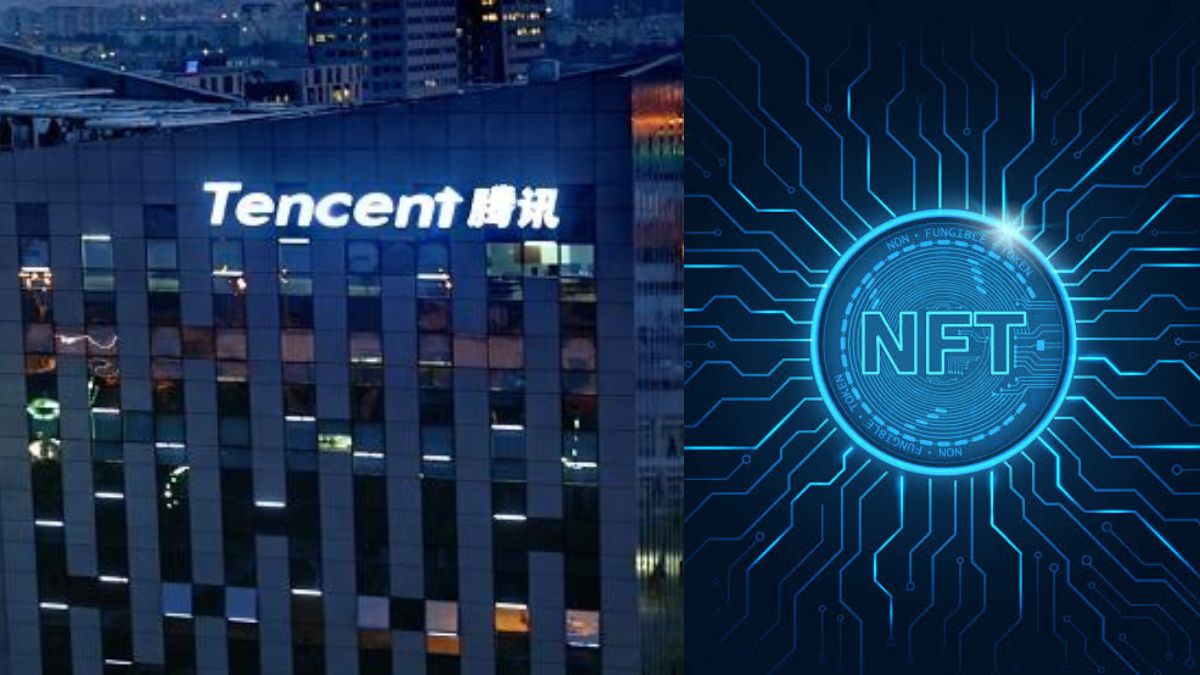Quantum computers have the ability to do computations that would have taken classical computers thousands of years to complete in a matter of minutes. Yet, a large portion of the sector is still in its infancy, in part due to a shortage of subject matter experts and software tools that can keep up with the development of quantum technology.
Companies are currently attempting to make the creation of quantum software applications as simple as possible so that programmers don’t actually need to comprehend the basic principles of quantum mechanics. Singapore-based Horizon Quantum Computing, whose tools can automatically create quantum algorithms based on programmes written in classical languages, is one of the early-stage businesses undertaking such an endeavour.
The business recently increased its equity financing to about $21.3 million by acquiring $18.1 million in a Series A round from Tencent and other investors. In the Series A round, Sequoia Capital India, SGInnovate, Pappas Capital, and Expeditions Fund were also investors.
The funds raised will go towards product development and the company’s expansion in Europe, where it intends to establish a presence in Dublin, Ireland. Later this year, the business plans to introduce its developer tools early access programme.
While Singapore is more widely known as a financial hub, it has also been one of the most proactive governments in supporting quantum technologies. The Center for Quantum Technologies, where Horizon Quantum Computing’s founder and CEO Joe Fitzsimons used to be a professor, was set up under the city-state’s Research Centres of Excellence program to advance research in the cutting-edge field.
“When I made the jump from academia, Singapore already had the right talent [for quantum computing] and there was access to capital,” said Fitzsimons, who earned a PhD from University of Oxford.
Neutral ground
As a country that has historically been rather politically neutral, Singapore is also less prone to trade or technological sanctions, the founder reckoned.
This is crucial in a world where companies are becoming more and more embroiled in the Sino-American tech rivalry. Many IT companies, including those that create quantum computers and rely on global component sourcing, are now perceived as having to launch from a neutral home base.
Tencent’s investment in Horizon Quantum Computing is purely financial so it won’t entail any transfer of sensitive data, the founder noted. The startup took Tencent’s investment because the giant is an “expert” in the area, he said.
Indeed, the social networking and gaming giant has shown a keen interest in the field by opening its quantum research lab in 2018. Ling Ge, Tencent’s chief representative in Europe and the main person who oversaw the deal in Horizon Quantum Computing, has known Fitzsimons since her years in Oxford where she studied quantum computing.
“At Tencent, we take a long-term perspective on quantum. In our own quantum lab, we are focused on fundamental research, first principles simulations and quantum algorithms, and how these might serve enterprise customers,” said Ge at an industry event last year.
“In terms of investments, we take a science-driven approach. One of the challenges in investing in quantum is what we call the ‘black box’ paradox. The challenge of evaluating early-stage deep tech companies in areas like quantum, nuclear fusion or biotech is difficult because the core technology is in its early proof-of-concept phase. It is hard to evaluate and understand at what stage of maturity it really is.
“Therefore, we take appropriate steps to mitigate the risks of this black box paradox depending on the investment stage. This is primarily achieved through our deep technical expertise, which allows us to really understand what is being developed and its maturity,” she said.
See all latest updates related to Startups & funding on Startup Radar



Leave a Reply